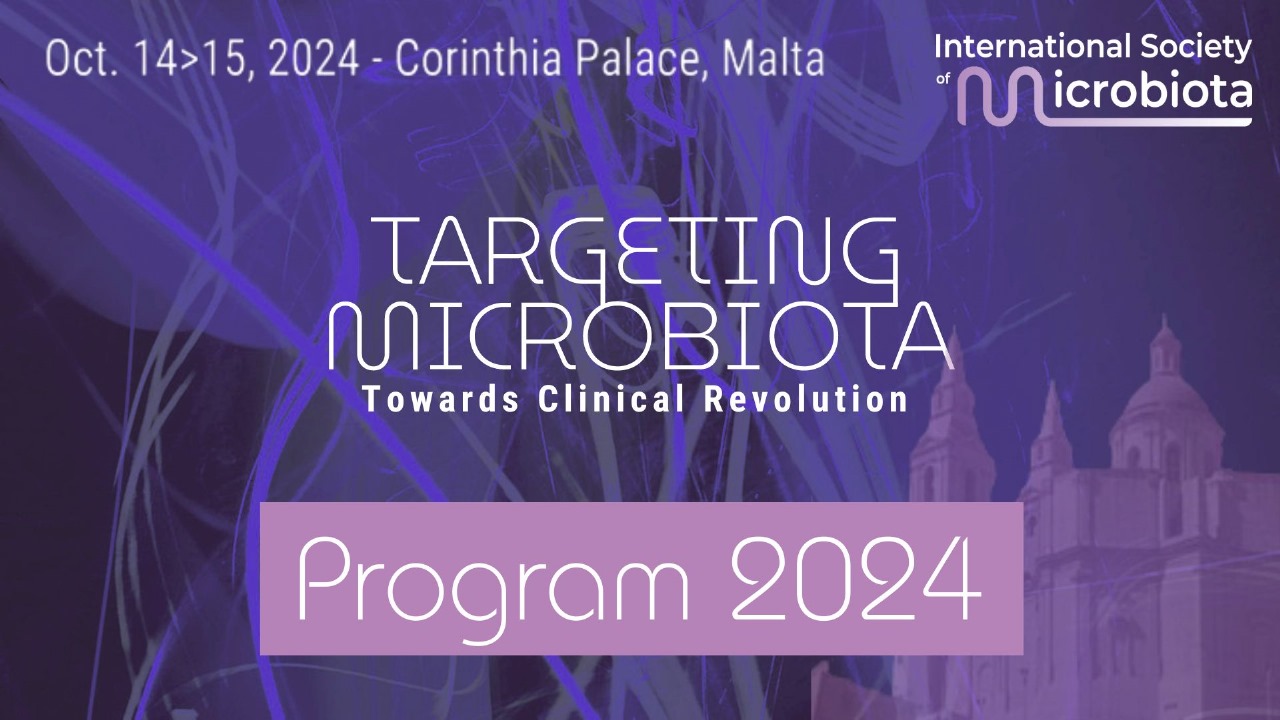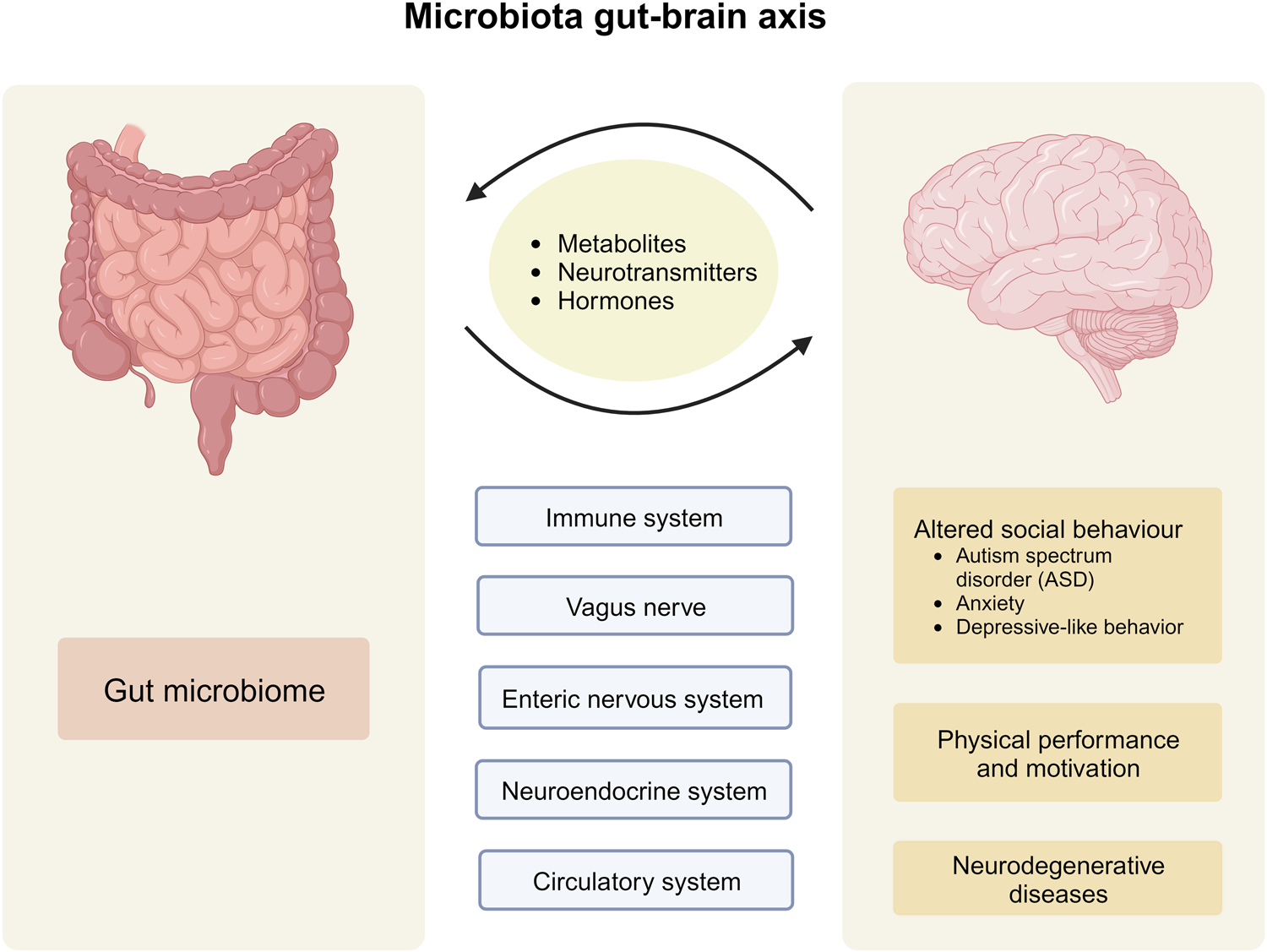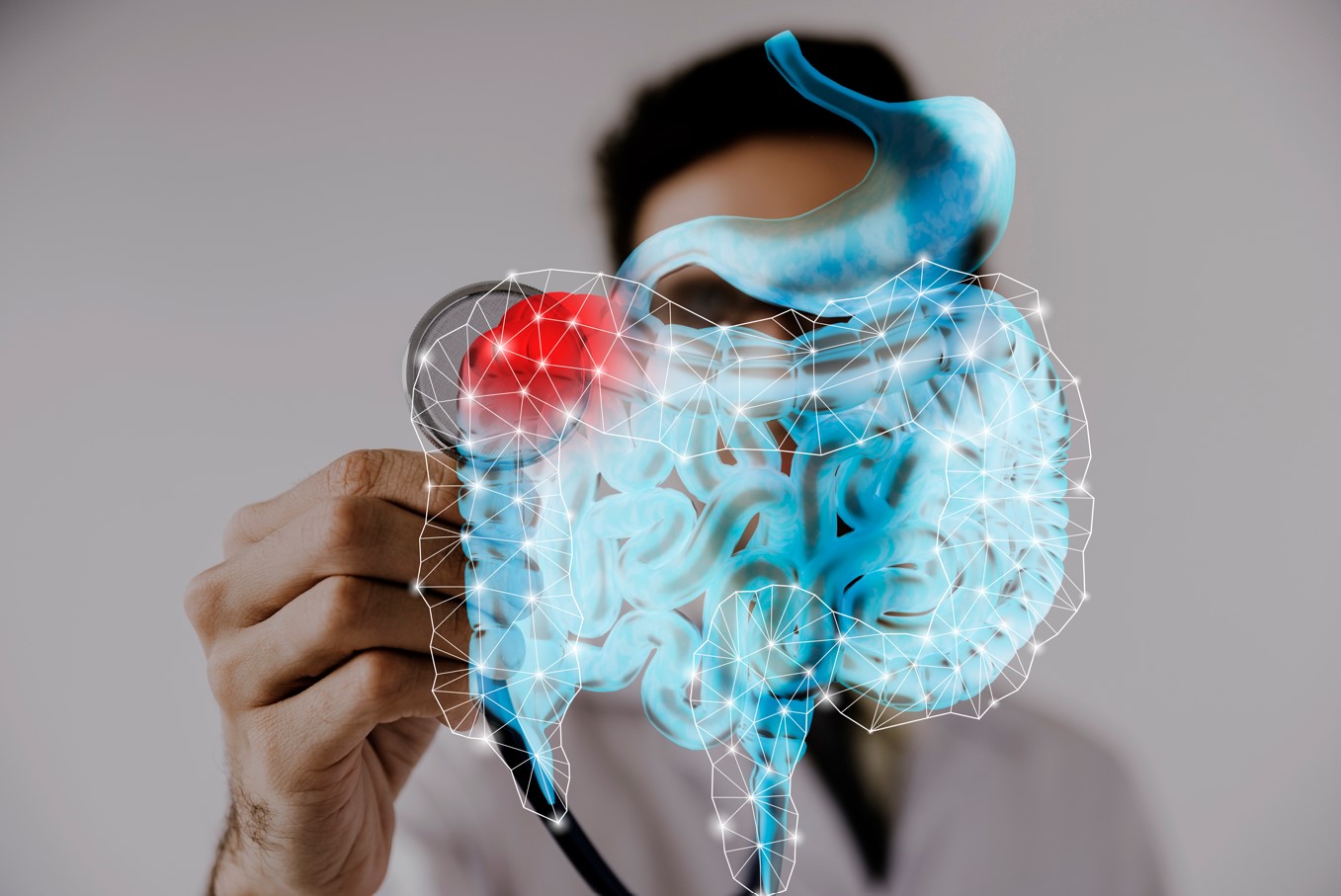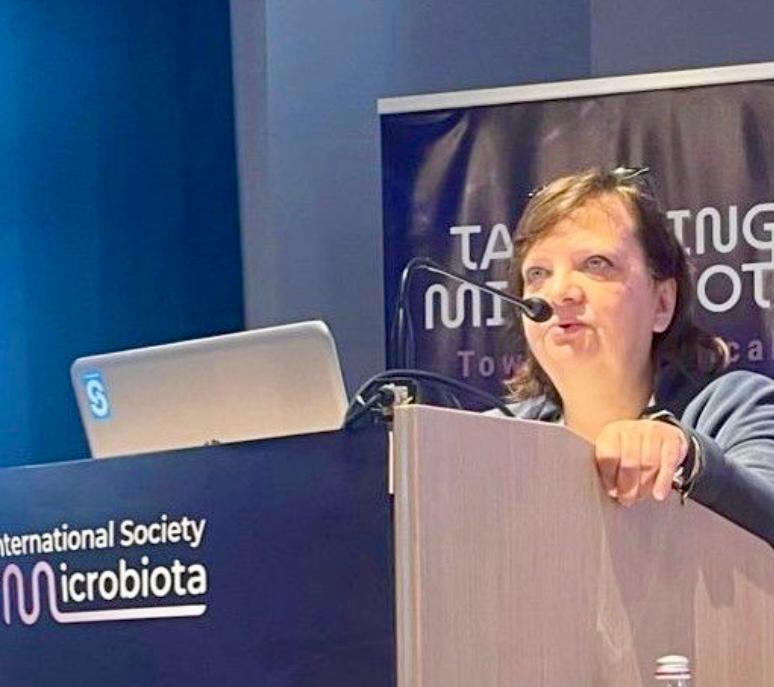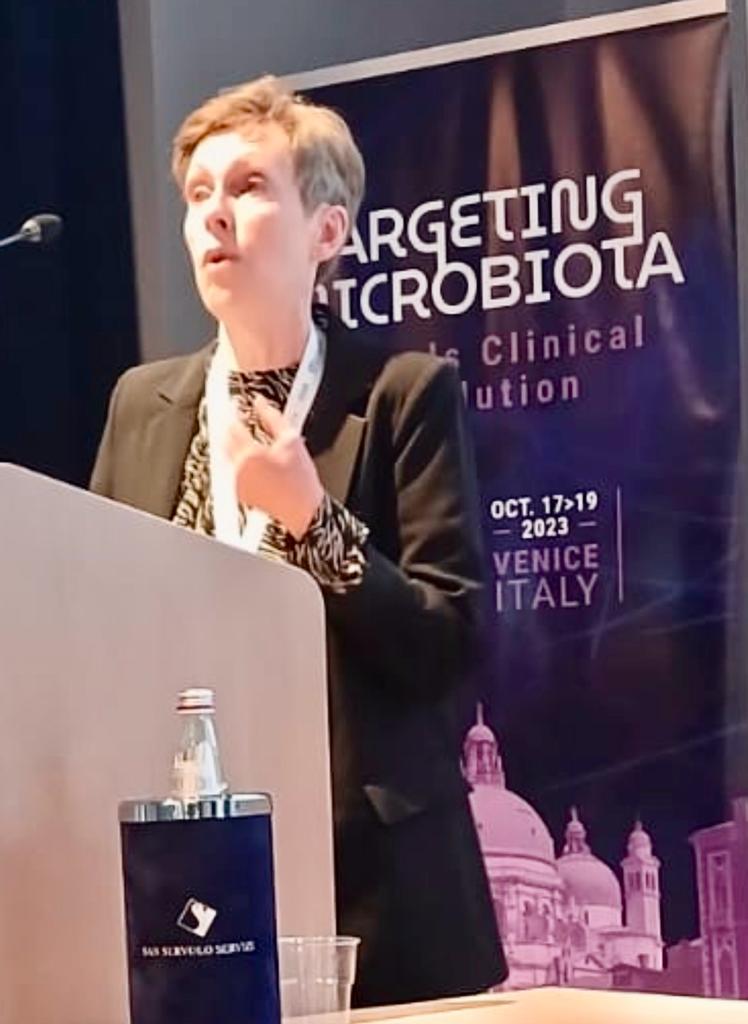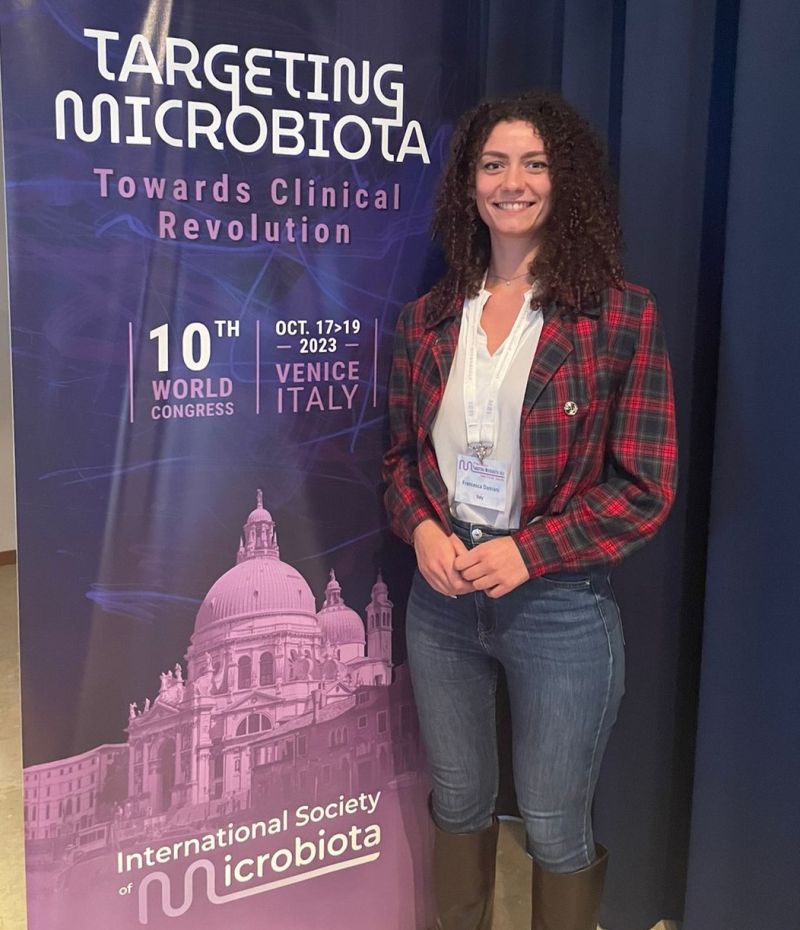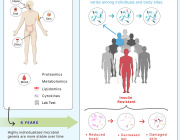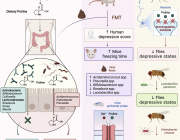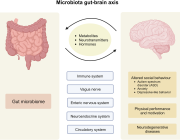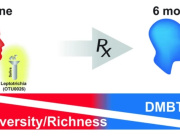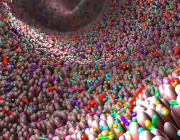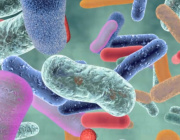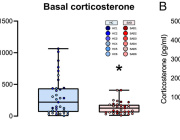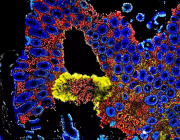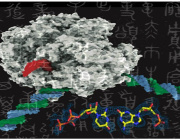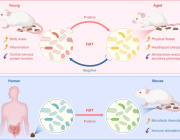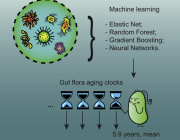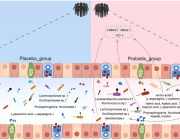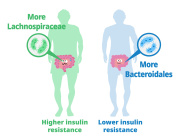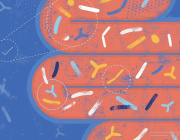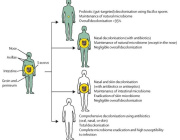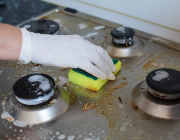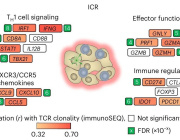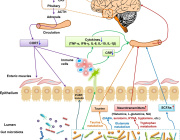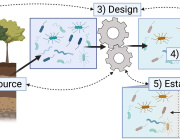Gut Microbiota and TMAO: New Findings about the Pathogenesis of Pre-eclampsia
A recent clinical cohort study published in the Gut Microbes Journal sheds light on the relationship between gut microbiota, Trimethylamine N-oxide (TMAO), and Pre-eclampsia (PE).
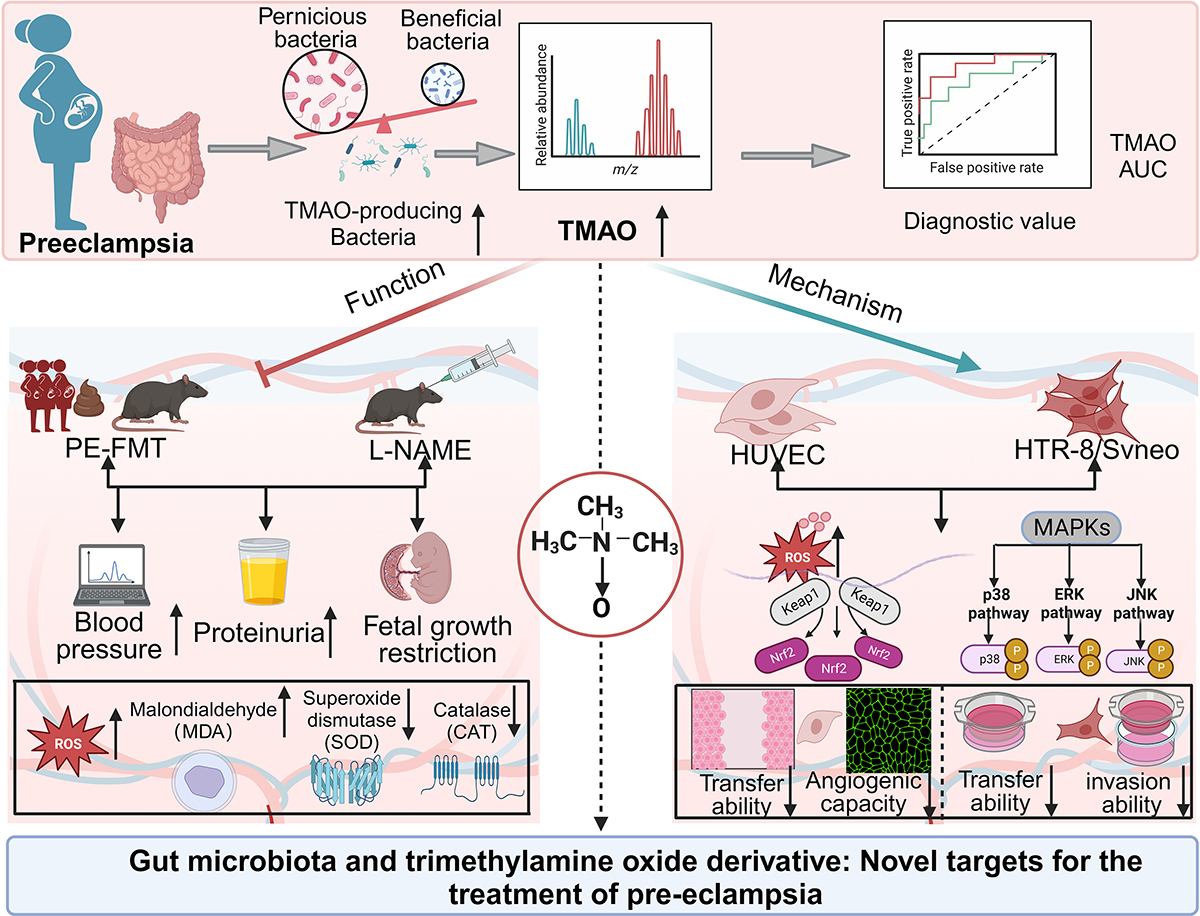
Graphical abstract. Credit: Jiayi Wang et al., 2024
Pre-eclampsia, a common complication of pregnancy, poses significant risks to the health and safety of both the mother and child. The study, which included 28 patients with eclampsia and 39 matched healthy controls, aimed to investigate the causal relationship and mechanism between gut microbiota, TMAO, and PE.
The results of the study revealed a significant increase in the level of TMAO and the abundance of its source bacteria in patients with PE. These increases were positively correlated with the clinical progression of PE.
To further explore the causal relationship, the study employed fecal microbiota transplantation (FMT) in an antibiotic-depleted-treated mouse model and targeted inhibition of TMAO. The findings showed that mice receiving fecal microbiota transplantation from patients with PE developed typical PE symptoms, including increased oxidative stress and inflammatory damage. However, these symptoms were reversed by 3,3-Dimethyl-1-butanol (DMB), a TMAO inhibitor, which also improved pregnancy outcomes in the model mice.
The study also found that TMAO promotes the progression of PE by regulating inflammatory and oxidative stress-related signaling pathways, affecting the migration and angiogenesis of vascular endothelial cells, as well as the migration and invasion of trophoblast cells.
These findings not only reveal the role and mechanism of gut microbiota and TMAO in the progression of PE but also provide new insights into the pathogenesis and potential therapeutic targets for PE. Furthermore, the study determines the potential application value of TMAO as a target for PE intervention.
Stay updated on all microbiome recent advances during Targeting Microbiota 2024 this October. Submit a related abstract.
Copyright: International Society of Microbiota









